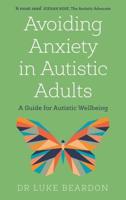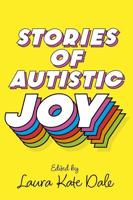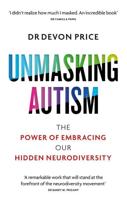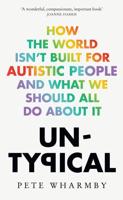Publisher's Synopsis
Empathy has long been regarded as central to the art of medicine and especially to the practice of psychotherapy. The ability of a therapist to appreciate the patient's state of mind and frame of reference is the foundation of a therapeutic alliance and key to the process of healing. However, these subjective aspects of practice are rendered suspect by today's emphasis on objectivity: formal diagnosis, with biological treatments, and standardized methodologies that appear to be aimed more at disease than at the person who suffers from it. Pressured by the practice climate and by the advances of science, practitioners have become treatment specialists and the empathic healer has become an endangered species.
In this book, the author establishes a new foundation for the use and value of clinical empathy that is based on a distinction between treatment and healing and a model for using psychotherapy as a component of an organized system of care: focused, attuned to the patient's presenting motive, and consistent with our understanding of the relationship between mind and brain.
Practicing mental health professionals and students find the rationale for assessment and treatment planning in The Empathic Healer an invaluable aide as they seek to adapt to the marvelous discoveries about how the brain shapes and recovers from mental disorder, and how an empathic environment fosters recovery and healing within and beyond the treatment setting.









